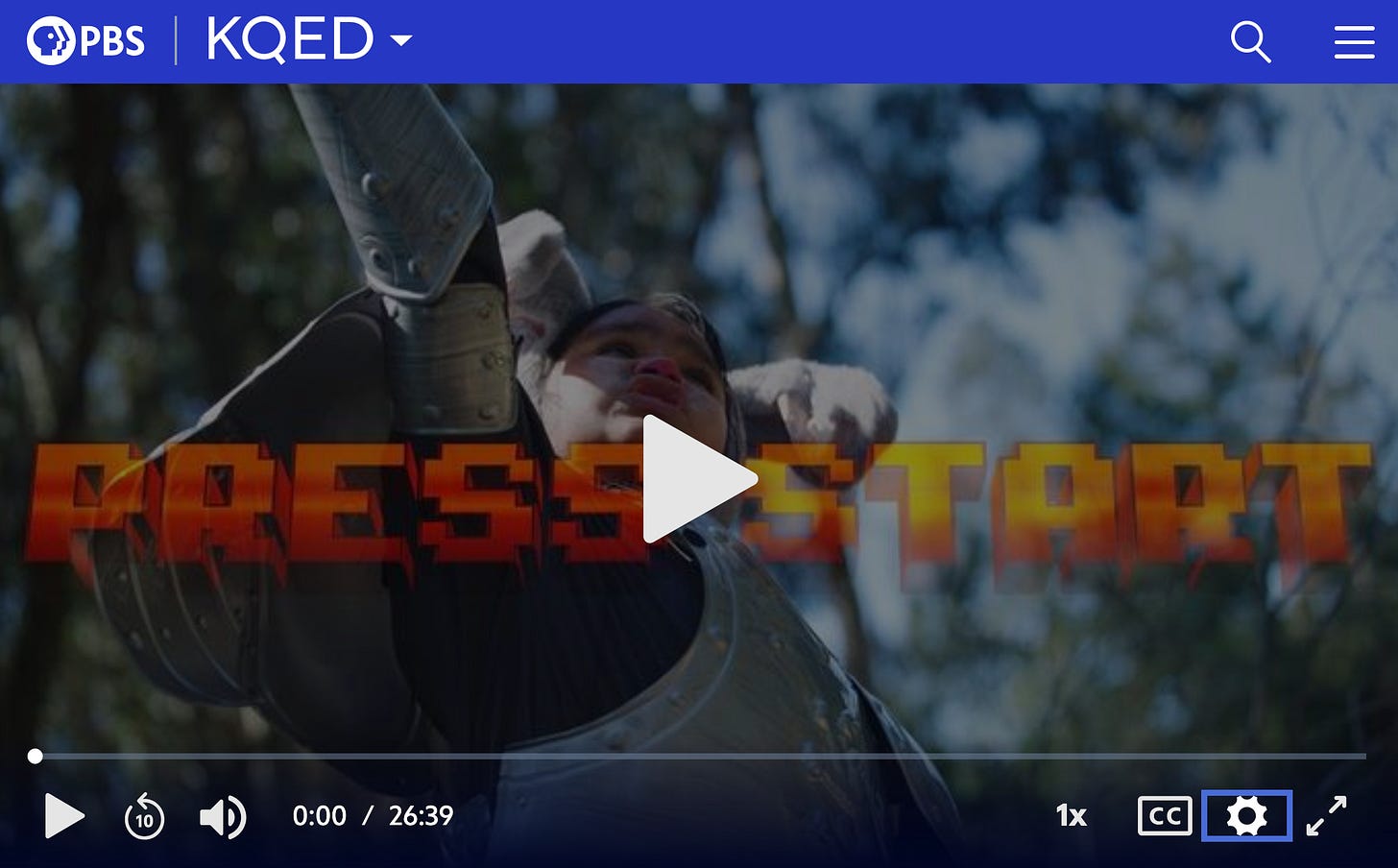I recently got featured on an emmy-winning PBS show, Climate California. The team that produced this show did a fantastic job telling a great multidimensional story. They attended one of the doughnut economics citizen assembly festivals I organized in San Jose. Check it out to get a better sense (my part starts around the 9:30 mark)
From my understanding, play activates some of the most powerful parts of our brain, our nervous system, and our instincts. Yet, I find that it is uncommon in places of power, decision making, and problem solving.
As we are witnessing a growing rise in brain diseases, from children to seniors, we need to be more proactive about what regenerates the brain.
https://learningthroughplay.com/explore-the-research/the-scientific-case-for-learning-through-play
Research like “Cognitive Stimulating Play Intervention for Dementia: A Feasibility Randomized Controlled Trial” shows that play is a great intervention for dementia. So is it being implemented for our seniors? Mostly no.
Even research like “The Power of Play: Strategies for Enhancing Development in Children with Autism Spectrum Disorders” is showing that play can improve the social dynamics with kids and young adults experiencing autism.

Besides therapy and disease mitigation, I feel that play is underutilized as a form of deep collaboration and problem solving. I have been to countless climate conferences, medical conferences, technology conferences, and farming conferences. I’ve been to political meetings and economic gatherings. I rarely see play being centered, and when it is, it is mechanical and packaged. It’s rarely facilitated by human beings who are genuinely playful human beings.
What happens when PLAY is not a major part of our life?
Look, this is not meant to shame anyone into play. This is a provocation that we may not be able to face our society’s shadows without play. We may not be able to SOLVE our greatest challenges without PLAY.
Now imagine with me that we start to play more games that teach us all about economics, governance, power, and ecosystems. What if our games are both indoors and outdoors? What if we play to “heal” the doughnut economics snapshot in our communities?
I’m here to lead that movement.







